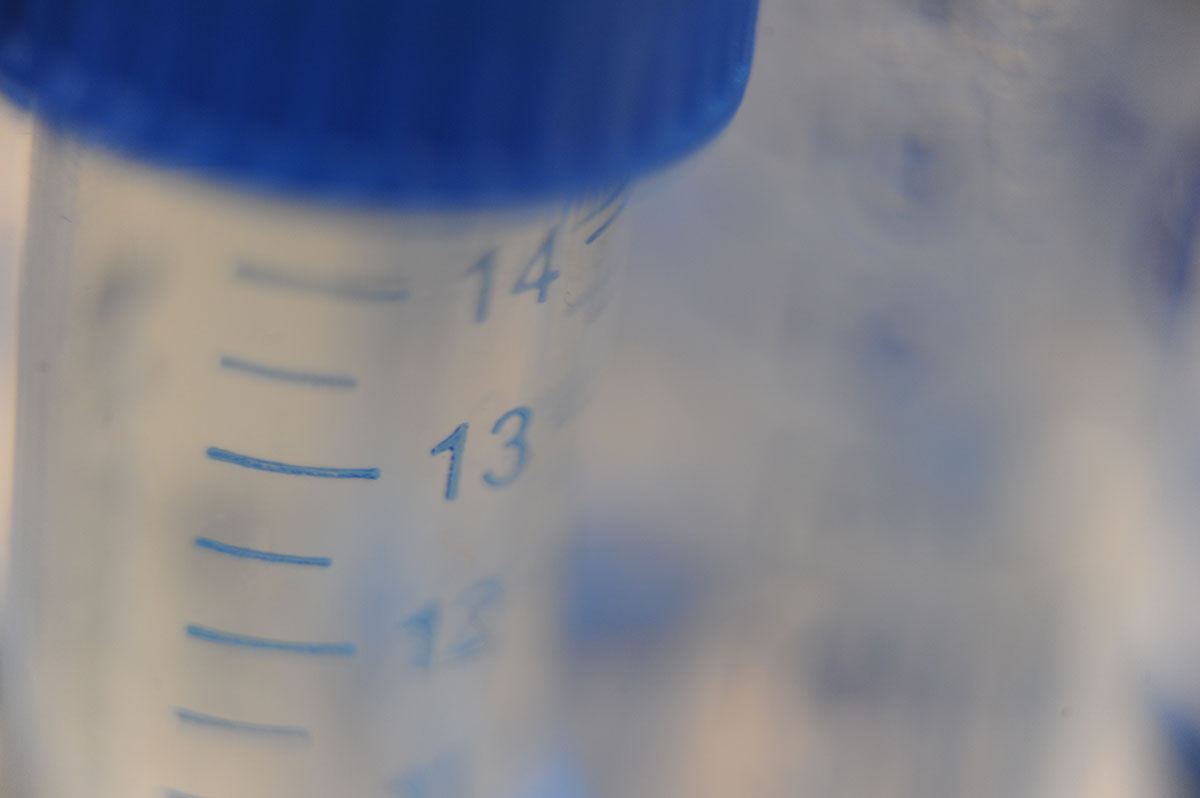This website uses cookies so that we can provide you with the best user experience possible. Cookie information is stored in your browser and performs functions such as recognising you when you return to our website and helping our team to understand which sections of the website you find most interesting and useful.
Reimagining Chronic Illness: A Conversation With Meghan O’Rourke
Author Meghan O’Rourke recently joined ISB President Dr. Jim Heath for a virtual fireside chat focused on reimagining chronic illness – also the topic of O’Rourke’s New York Times bestselling book. This event was the latest in the ISB-Town Hall Seattle Science Series.

Understanding, Preventing and Treating Long-Term Effects of COVID: RECOVER Study Enrolling Patients from Pacific Northwest
As part of a massive nationwide effort, ISB is leading a multi-site consortium for the NIH RECOVER (Researching COVID to Enhance Recovery) Initiative. The Pacific Northwest consortium is made up of ISB, Providence, Swedish, and University of Washington School of Medicine.
Predicting ‘Long COVID’ At Initial Point of COVID-19 Diagnosis
Researchers have identified several factors that can be measured at the initial point of COVID-19 diagnosis that anticipate if a patient is likely to develop long COVID. They also found that mild cases of COVID-19, not just severe cases, are associated with long COVID. Their findings were published by the journal Cell.
How Will Healthcare and Scientific Research Be Different in a Post-Pandemic World?
Providence President and CEO Dr. Rod Hochman joined ISB President and Professor Dr. Jim Heath for an hour-long conversation hosted by ISB and Town Hall Seattle about how healthcare and science will be different in a post-pandemic world.

COVID-19 Immune Response Study Could Lead to More Effective Treatments
Findings from the ISB-Swedish COVID-19 Immune Response Study suggest that treatments aimed at arresting the infection at the stage of moderate severity may be most effective. The team studied 139 patients and found that mild COVID-19 is very distinct from the moderate or severe forms of disease, which appear surprisingly similar.




